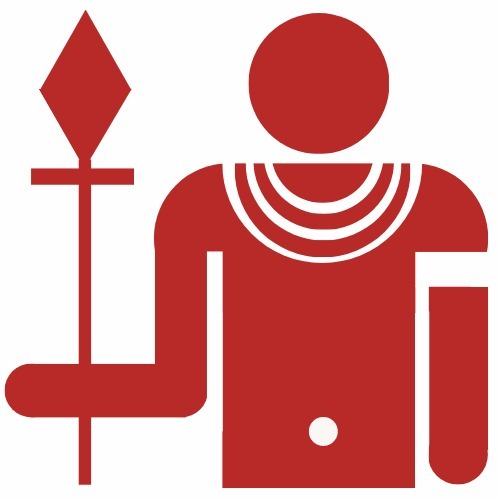Kenya and the World Bank have jointly opened up applications for potential funding and business mentorship from incubators, accelerators, and tech-boot camp providers.
This initiative facilitated through the Strengthening Kenya’s Innovation Ecosystem (SKIES) partnership, seeks to support intermediaries that nurture and propel businesses in diverse sectors such as Leather, Livestock (Dairy and Pastoralism Economy), Garments and Textiles, Industrial Production (Building Materials and Pharmaceuticals), and Crops (Edible Oils, Rice, Tea, Coffee).
The Principal Secretary (PS) of the State Department for Industry, Dr Juma Mukhwana emphasized the pivotal role of enterprise ecosystem intermediaries.
He underscored their importance in bridging the gap between startup ventures and their evolution into thriving enterprises.
“With approximately 200 such intermediaries operating nationwide, Kenya is witnessing robust growth in its innovation ecosystem,” the PS said.
He further noted that Kenya’s entrepreneurial landscape has witnessed a surge in business incubators and accelerator programs, primarily focused on Information, Communication and Technology (ICT) enterprises.
While this expansion has led to the flourishing of tech startup support networks, it has also presented both opportunities and challenges for these institutions.
David Cheboryot, a Director of the Management Firm and a representative of the E4Impact Foundation, introduced the visionary SKIES initiative.
He outlined its three foundational pillars: enhancing intermediary capacity, empowering tech education, and fostering collaborative environments where intermediaries collaborate to enhance startup support and exchange best practices and insights.
Identified challenges facing startups include funding gaps (particularly in follow-up funding), policy fluctuations, and regulatory adjustments.
Cumbersome business registration processes, especially in some regions yet to streamline their procedures, remain significant hurdles.
“A lack of a standardized platform overseeing the startup ecosystem has given rise to issues like innovation duplication, absence of a national opportunity repository, absence of standardized best practices, information imbalances leading to excessive focus on grants, and intermediaries lacking commitment to excellence.”
Part of the larger Sh5 billion Kenya Industry and Entrepreneurship Project (KIEP), funded by the World Bank Group and executed by the Ministry of Investments, Trade and Industry (MITI), SKIES will be executed in two tracks.
The first track is designed for incubators and accelerators, where selected candidates will receive financial grants based on tailored improvement plans.
The second track encompasses technology boot camp providers and Rapid Tech Skills students.
Boot camp providers will receive grants to scale their programs, while students will benefit from tuition fee subsidies for rapid tech skills training.
“The project aims to support 20 beneficiaries in Track 1, 16 beneficiaries in Track 2, and 532 students through scholarships for rapid tech skills training. An emphasis on regional equity will ensure representation from diverse regions of Kenya among the beneficiaries.”
To avail themselves of this remarkable opportunity, eligible intermediaries can register at www.kiep-skies.co.ke.
ELIGIBILITY CRITERIA
Prospective participants must meet specific criteria for each track.
For Incubators & Accelerators (Track 1), organizations must be legally registered in Kenya, operational for over 2 years, and have successfully managed at least 2 incubation or acceleration programs.
A focus on early-stage (incubators) or growth-stage (accelerators) enterprises, with over 60% of supported startups in value addition, agro-processing, or manufacturing sectors, is required.
Alignment with the Government’s Bottom-Up Economic Transformation Agenda and Kenya Vision 2030 is also vital.
For Technology Bootcamp Providers (Track 2), entities should be legally registered in Kenya, operational for over 2 years, and have effectively conducted at least 2 technology bootcamps with proven impact.
Demonstrated experience in organizing rapid tech boot camps lasting 3 to 6 months and alignment with the Government’s Bottom-Up Economic Transformation Agenda and Kenya Vision 2030 are prerequisites.
Rapid Tech Skills Students will enjoy subsidized tuition fees. Eligible participants should be Kenyan citizens above 18 years old, possess valid proof of KCSE certification, and be recent tech graduates from universities or technical education institutions.
Genuine interest in developing both soft and technical skills for a future-ready tech profession, coupled with a desire to initiate a tech-related business or work in the tech field, is essential.
Applications from all regions of Kenya are encouraged, with a special welcome to female students to ensure gender balance in the tech sector.


